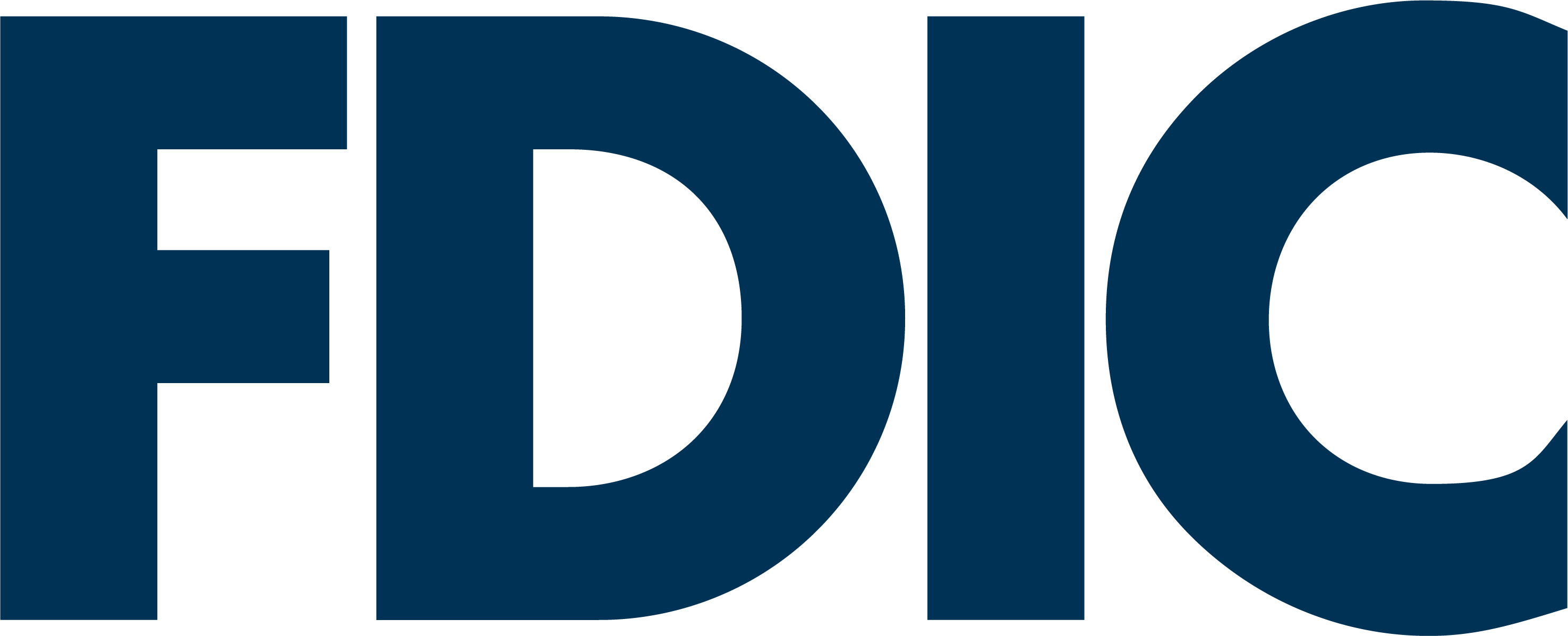How to Avoid Getting Hacked
Key Takeaways:
- Hackers use social engineering to gain your trust and trick you into giving them your financial information.
- Emails are their favorite tool, so be wary of emails from unknown senders or with suspicious subject lines, misspellings, or links.
- Hackers also use texts and phone calls, often creating a sense of urgency or threat.
- If you're unsure about an email, text, or phone call, don't click on any links, open any attachments, or give out any personal information.
Hackers don’t have to break into your computer to get your financial information. They can simply ask you for it. They can make the request sound so reasonable and feel so comfortable that you hand it right over. Gaining your trust in this way is called “social engineering.”
Take a look at the typical tricks and take care to avoid them.
What to Look Out for in Emails
Emails are currently the favorite tool of hackers around the world. Try to slow down and not skim critical parts of an email that can contain signs you shouldn’t trust it:
- You don’t know the sender
- The sender seems like someone you know, but something about their email address is off
- The email is sent in the middle of the night
- The subject isn’t familiar
- The message has mis-spellings or grammatical errors
- You’re asked to click on a link or open an attachment
Suspicious Texts and Phone Calls
Hackers apply the same social engineering techniques they use in emails to texts and phone calls. Be especially wary of texts and phone calls that make you feel rushed or threatened with losing money.
At United, we’re always here to help you keep your financial information safe from hackers. We will never email, text, or call you and ask you to provide UCB account information. Stop by your local branch or schedule an appointment online to learn more about cybersecurity at United.














